Signing on new clients can be overwhelming when you don’t have the systems & process for it. An organized client welcome package sets the tone for what clients can expect and sets clear boundaries from the start.
In this blog, we’ll explore how to create an in-depth client welcome package. From understanding its importance to what to include and how to deliver it effectively, this guide will help make your client onboarding process more efficient. Get ready to make a lasting positive impression and set the stage for successful relationships. Let’s dive in!
P.S. Don’t have the time to automate your client onboarding process? We’re here to help! Book a consultation today, and let’s create & implement an automated onboarding process that works for you and your clients!

Would you like a SparkNotes version of this blog post? Click here to read a quick summary!
What’s The Purpose of Your Welcome Package?
Creating a welcome package for your clients is more than just a pretty Canva PDF. It’s an essential part of setting the tone for your business relationship. A well-prepared welcome package helps to establish trust and clarifies what your clients can expect.
The welcome package will outline what’s included in the service they purchased, ways to communicate with you, and what next steps they need to take. This reduces uncertainty and builds confidence. People want a clear step-by-step process, which is exactly what your welcome experience will do.
This, in turn, sets clear boundaries, which will help preserve your work-life balance. For example, a boundary we set in our welcome packet is:
“We have our communication channels open Monday-Friday, 10 am-5 pm ET, in which we will respond to all emails and/or Voxer messages. We are not open on the weekends or on any federal holiday. Any communication received during that time; we will get back to you on the next business day.”
It is a simple way to establish a working relationship that ensures you and your clients feel supported from start to finish.
You might like this too: How to Automate Your Client Onboarding in 5 Easy Steps
Essential Section to Have in Your Welcome Package
A great welcome package should cover all the bases and provide thorough information to clients. Here are the key elements we include in our welcome packages:
Personalized Introduction:
This is a section to personally welcome them into the working relationship. You can share how excited you are to work with them and what to expect within the document. This ensures they feel just as excited as you are
Share a Bit About Your Company’s Overview and Values:
This is a section for you to lay the foundation of your relationship. For Katie, my business partner, and I, our values are what we bring into everything we do. Plus it will help your client see why you stand out from the rest further solidifying the relationship.
Introduce Yourself/Your Team
If you don’t have a team, this is a space to introduce yourself to the client. You can share a bit about what you’ll do in the relationship & how to contact you. If you have a team, this is the space to give little bios & what their responsibilities will be. This is important when it comes to building trust with your client.
Project Timeline and Milestones:
People love a good roadmap! By laying out a clear timeline you can help them visualize their success. Plus it gives them structure of how they will get from point A to point Z in their journey. It also sets clear expectations leading to less questions along the way.
Setting Clear Expectations:
This is important in clearing writing out what you expect from the client and what they can expect from you. This ensures that boundaries aren’t crossed. To go even further you can include this section in your contracts as well.
Setting Boundaries Around Communication
As a coach, consultant, or any other type of service provider, you need boundaries around communication. You saw what Katie & I have in our welcome package above regarding communication. This is where you will want to state how clients can communicate with you, your turnaround for responding, and the days you aren’t available.
Billing Process
Again this is something you’d want in your contracts, however it is good to reiterate important information. You can include a short section of how payments will be processed. Will they get an invoice or be auto-charged? What if I need to cancel? What steps do I take? These are all easy questions for your welcome packet to answer.
Additional FAQs:
This is a section for you to place any misc. questions your client might have. For example, in our welcome package we answer the question “What if I need to change the amount of hours in my package? It is a repeat question we get all the time that we can answer in one place. You can also link this section out to an FAQ page on your website too.
Next Steps
For Katie & I, we created a checklist for our clients to fill out. This ensures they have an easy roadmap to follow now that they’re a client. The checklist can include:
- Sign the contract
- Pay your invoice
- Book your kick-off call
- Fill out your intake questionnaire
This does two things: 1). Give your clients actionable things to do and 2) Ensure you get what you need to provide the best quality service.
How to Create Your Welcome Package
Now that you have a better idea of what to include in your package, the next step is to create it.
You can go as simple as using Google Docs or go all out with a template from Canva. The key here is to make a document you can easily rinse & repeat when a new client signs on.
For Katie & I we originally created everything in Canva because we wanted them to be aesthetically pleasing. However as we got busier, Canva just didn’t make sense anymore.
An easy way to make a Google Doc professional looking is to add your logo at the top & your name with a copyright symbol in the footer.
You could also create a video welcoming your new clients with additional information written below. This ensures your client has two ways of consuming & processing the information.
If you have any links in your welcome package, ensure you test them all before downloading them as a PDF!
You might like this too: 10 Online Business Tools That Will Systemize & Automate Your Business
How to Deliver Your Welcome Packet
I would recommend sending your welcome packet as soon as they say “yes”! For Katie & I, we send the welcome packet in the same email as our contract & invoice. This ensures nothing gets lost.
From there you can have automations in place to handle any follow ups! For example a follow up we have in place is for when the contract hasn’t been signed with x-amount of days. It is one less thing for us to worry about.
Final Thoughts
By dedicating 30 minutes to an hour, you can create a welcome package that streamlines all further client experience. It is a place for you to set clear boundaries, establish expectations for the client & you, and lay a solid foundation for your working relationship to grow.
If you can’t be bothered to sit down & hash all this out, book a free consultation to learn how we can organize & automate your client experience & more so you can grow your business while still having a personal life too.
P.S. If this blog was too long to read, here is the gist:
- The purpose of a welcome package is to lay a solid foundation for your working relationship with a new client.
- You’ll want to include a warm welcome, your company’s mission/values, introducing you (& your team if applicable), a clear timeline, expectations for the client & you, billing info, communication boundaries, and next steps!
- The best way to create your welcome package is in Google Docs (for simplicity) or in Canva.
- When it comes to delivering your package, have it go in the same email as your contracts & invoices.
- Don’t have the time to implement all this? Book a free consultation with us to find out how we can organize & automate your client experience & more so you can grow your business while still having a personal life too.
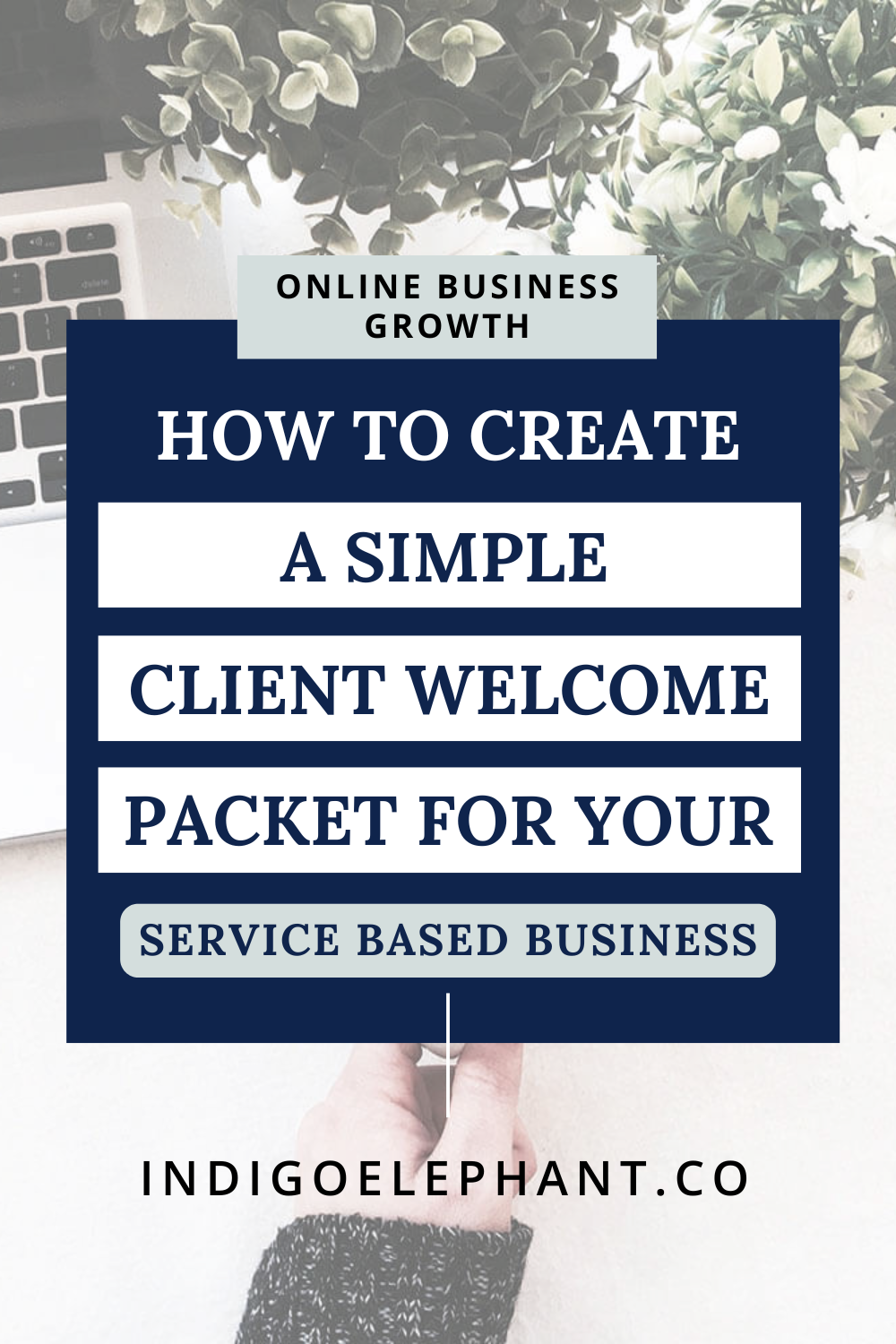

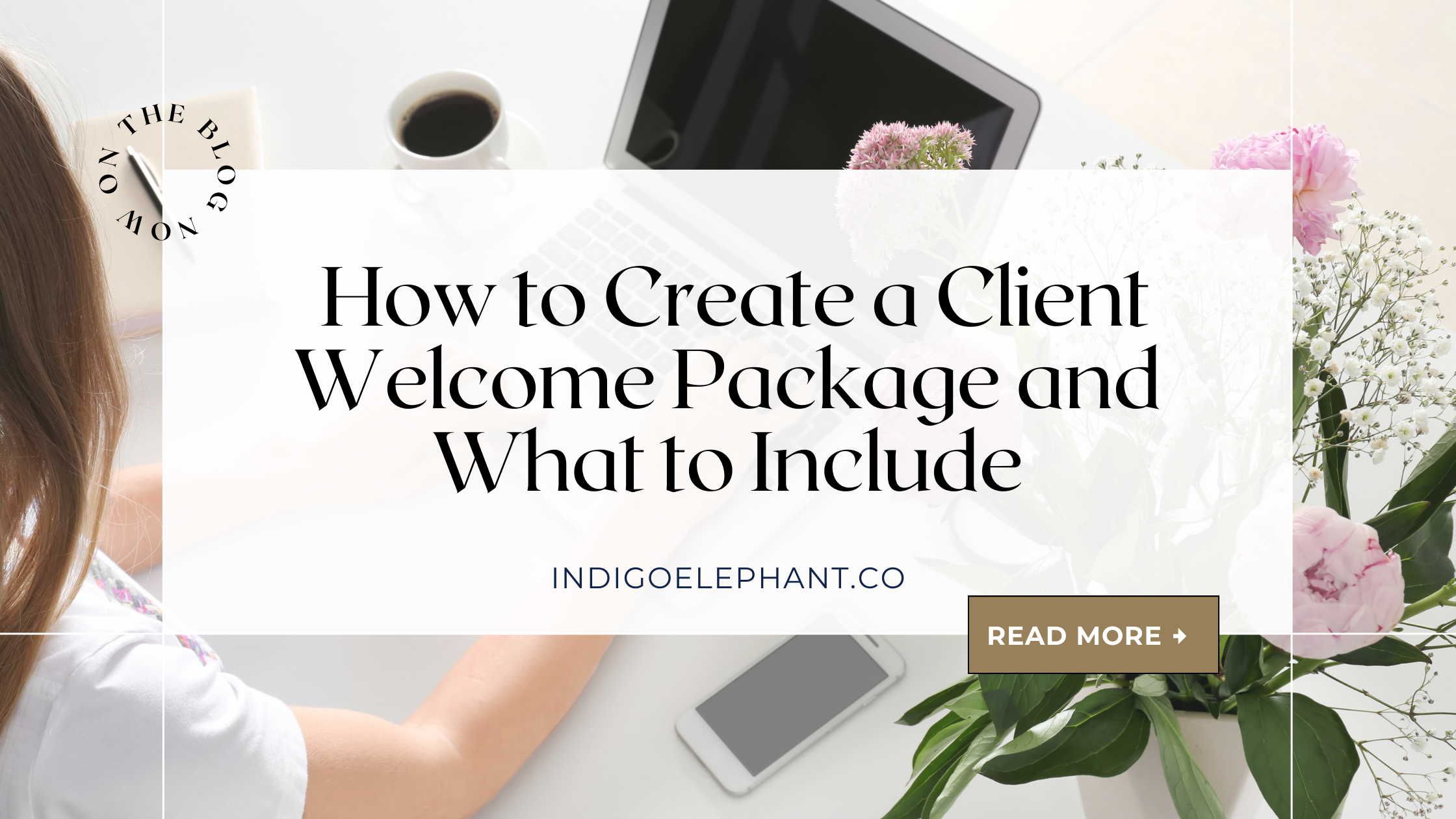
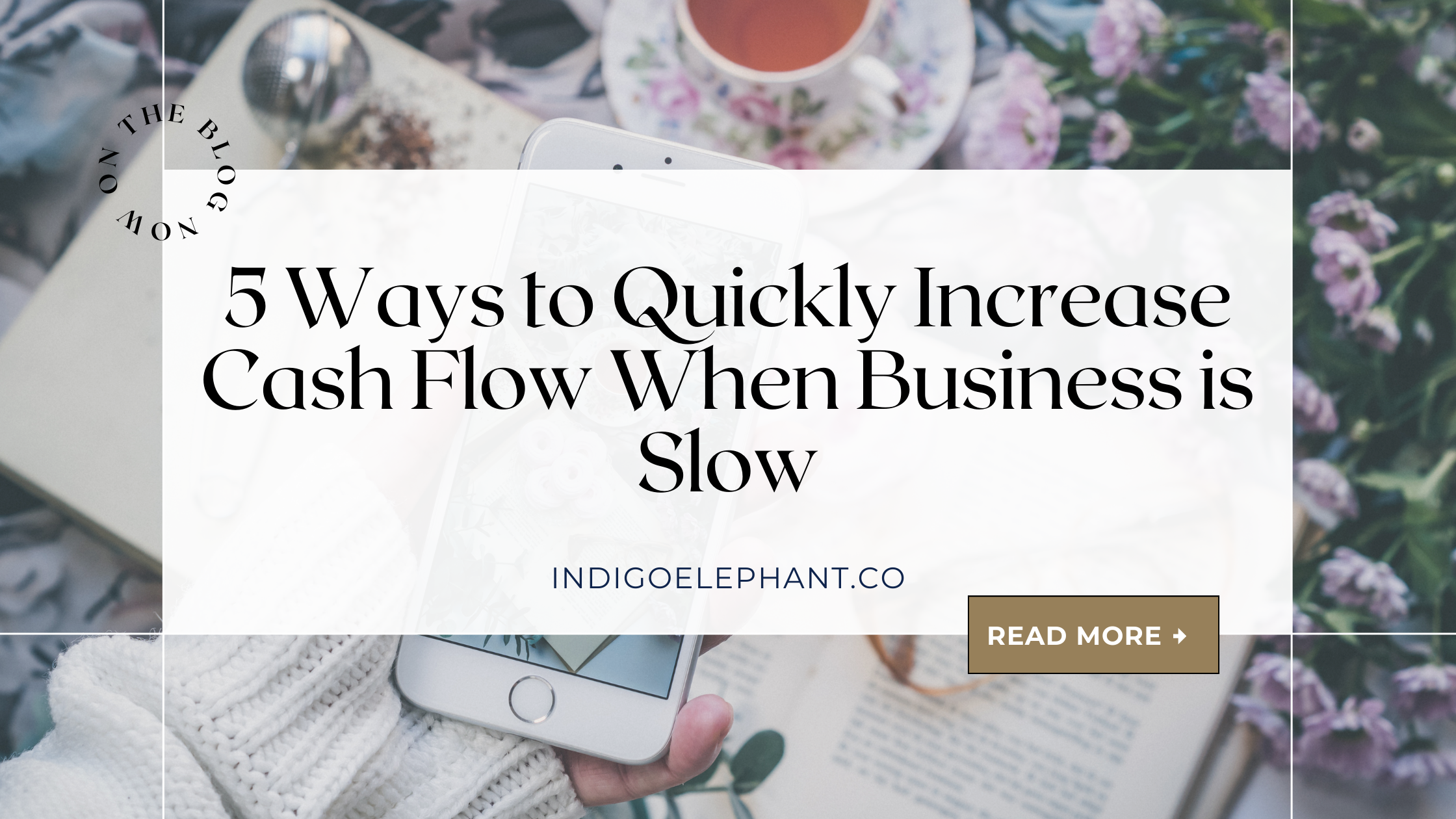
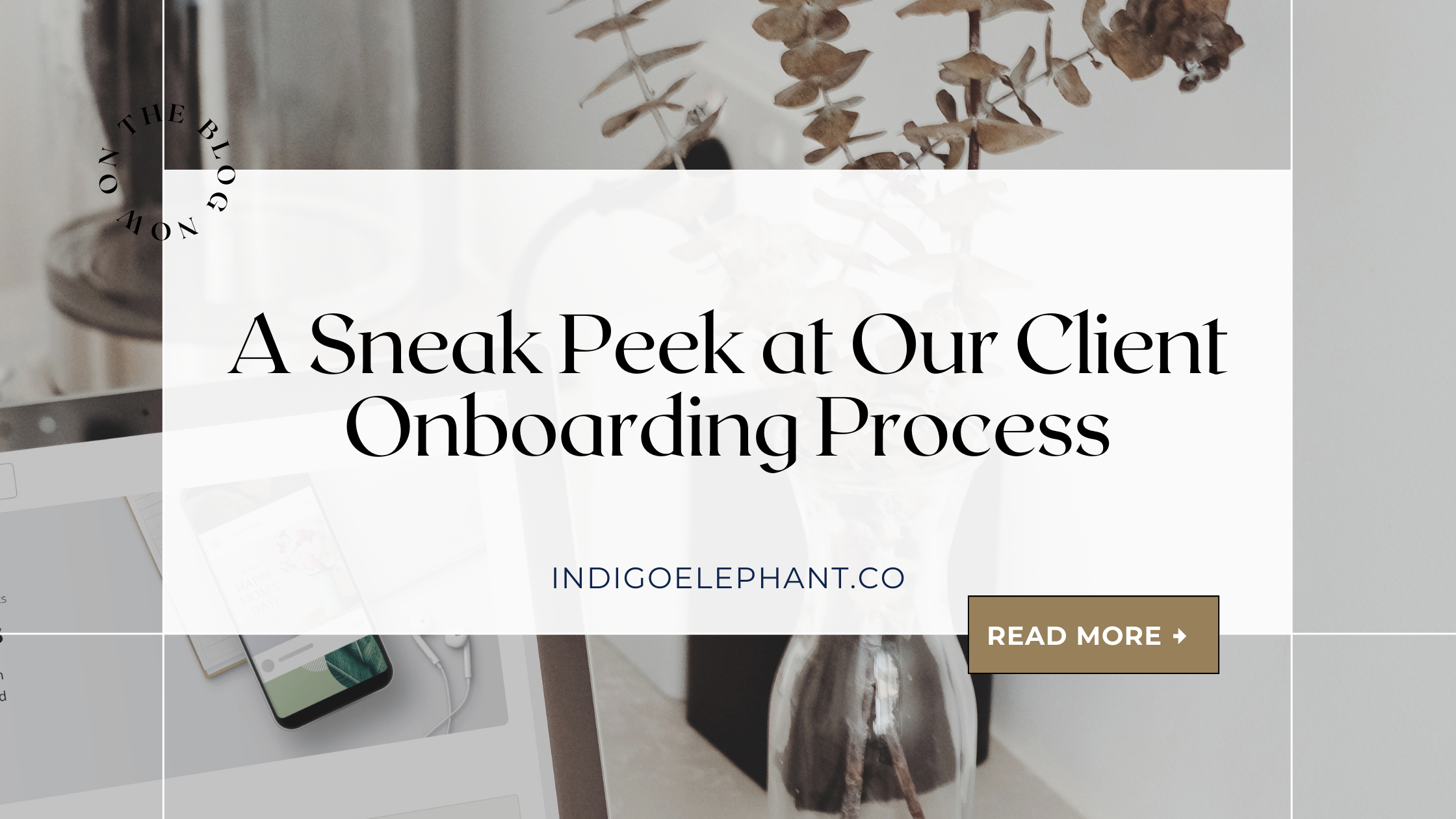

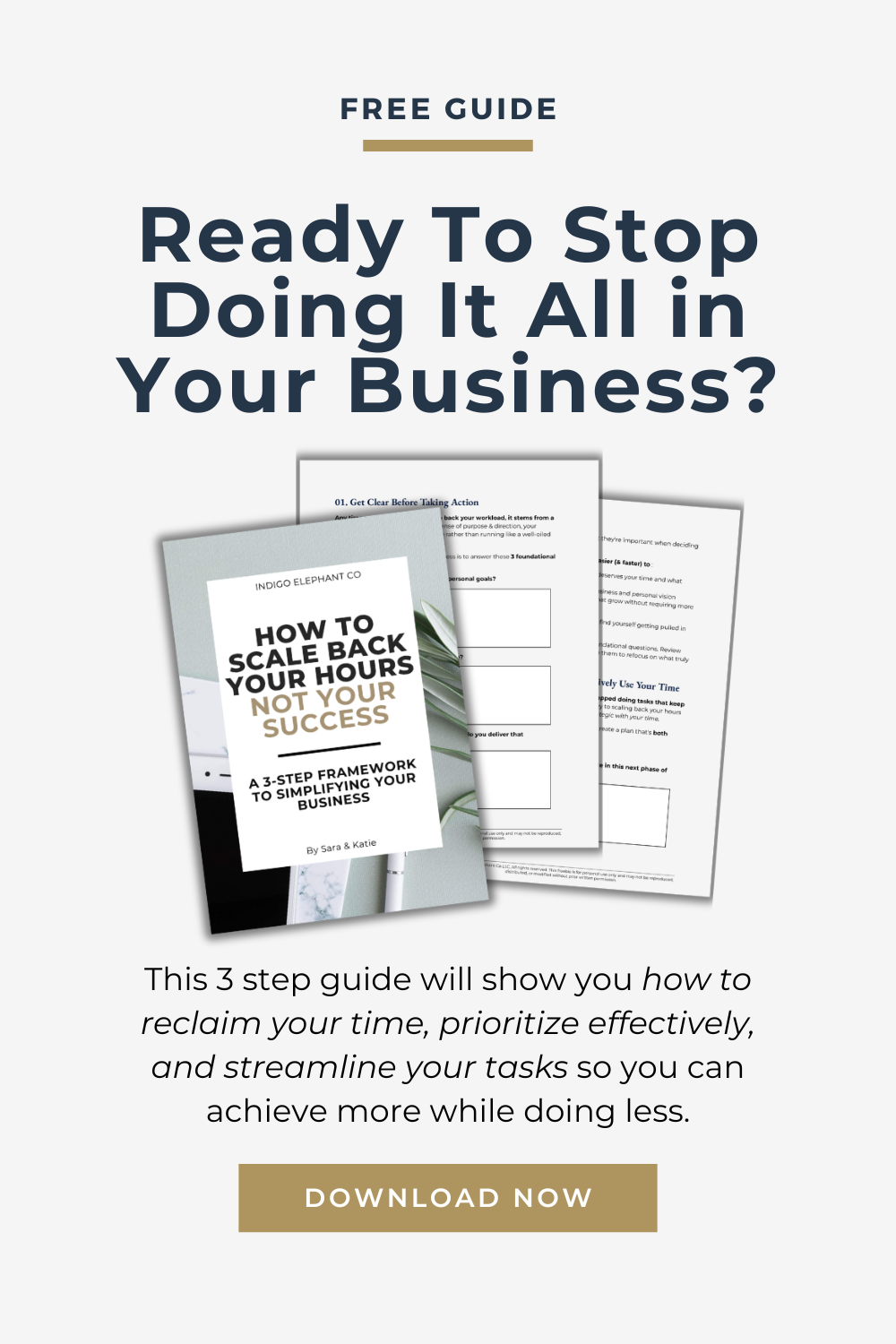
0 Comments